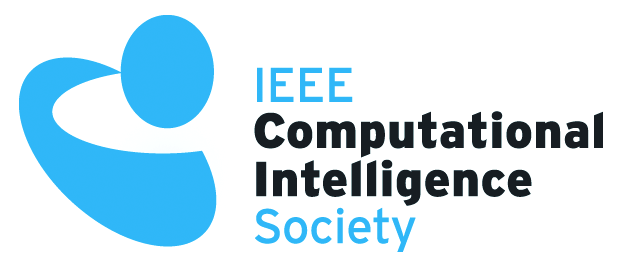Tutorial 2
Language Acquisition and the Influence of Action Learning
Abstract
In this tutorial, we want to focus on language acquisition in human-human and human-robot interaction, especially on the relation to action learning. We assume that there is a strong influence of action performance and understanding in the development of speech acquisition. We will try to approach this topic from different scientific perspectives, especially from the neuroscience, linguistic, psychology, robotics and the speech recognition point of view. Language learning in a social context should not be considered as a one-sided process. We are interested in studying situations from the perspective of both the learner and the teacher. We want to investigate the challenges posed by such complex interaction systems from different research perspectives. Therefore, we offer talks given by researchers with different backgrounds. We hope to get some ideas to enable a robot to interact with a human in a more natural way so that it can directly learn from a human instruction.
The intended audiences are researchers interested in interaction and communication that face the challenge of conceptualizing and implementing sufficient behaviors for robots to interact with inexperienced human partners, as well as researchers analyzing human behavior. We would like to welcome an interdisciplinary audience (e.g. computer science, robotics, social sciences, linguistics, neuroscientist, ... ), as our issue is also highly interdisciplinary. There will be 5 talks, on the topic of language and action. Each talk will take 25 minutes plus 5 minutes for questions. Finally there will be a 30 min open discussion phase, where the speakers as well as the audience will discuss about further progress for this topic.
Talk 1: Keyword detection and learning is supported by action detection
Katrin S. LohanTalk 2: Affording verbal interaction
Katharina Rohlfing, Joanna Raczaszek-Leonardi, Iris NomikouTalk 3: Embodied Language Learning with the Humanoid Robot iCub
Angelo CangelosiTalk 4: Synchrony between action and language
Lars SchillingmannTalk 5: The motor contribution on speech perception
Giorgio MettaBiographies
Katrin Solveig Lohan is working at the Instituto Italiano di Tecnologia, as a junior Post Doc in the RobotDoc project founded by the Marie Curie Fellowship. The field of research is understanding the learning mechanisms between parents and infant, between adults and adults, and between humans and robots to create a natural interaction with a robot. Before she was woking in the ITALK Project as Ph.D-student in the Bielefeld University, Germany.
Katharina J. Rohlfing received as a member of the Graduate Program Task Oriented Communication, she received the Ph.D. degree in linguistics from the Bielefeld University in 2002. Since 2008, she has been Head of the Emergentist Semantics Group within the Center of Excellence Cognitive Interaction Technology and is working on the interface be- tween cognitive development and early stages of language acquisition.
Angelo Cangelosi is Professor of Artificial Intelligence and Cognition School of Computing and Mathematics, Plymouth University (UK) since 2006. He is the director of the ”CRNS: Centre for Robotics and Neural Systems”; and leader of ”Adaptive Behaviour & Cognition Lab” in Plymouth. He received his Ph.D. in Psychology and Cognitive Science at the University of Genoa (1997).
Lars Schillingmann worked for the EU-Project iTalk on the topic of acoustic packaging. On this topic, he received the Ph.D. degree in 2012 from the Technical Faculty. Further- more, he worked in the EU-Project HUMAVIPS. His research interests include learning and feedback processes embedded in human-robot interaction.
Giorgio Metta is the director of the iCub Facility and deputy director of IIT in charge of EU & funding agencies relations. He holds a MSc cum laude (1994) and PhD (2000) in electronic engineering both from the University of Genoa. From 2001 to 2002 he was postdoctoral associate at the MIT AI-Lab. He was previously with the University of Genoa and since 2012 Professor of Cognitive Robotics at the University of Plymouth (UK). Giorgio Metta research activities are in the fields of biologically motivated and humanoid robotics and, in particular, in developing humanoid robots that can adapt and learn from experience. Giorgio Metta is author of approximately 200 publications. He has been working as principal investigator and research scientist in about a dozen international as well as national funded projects.






